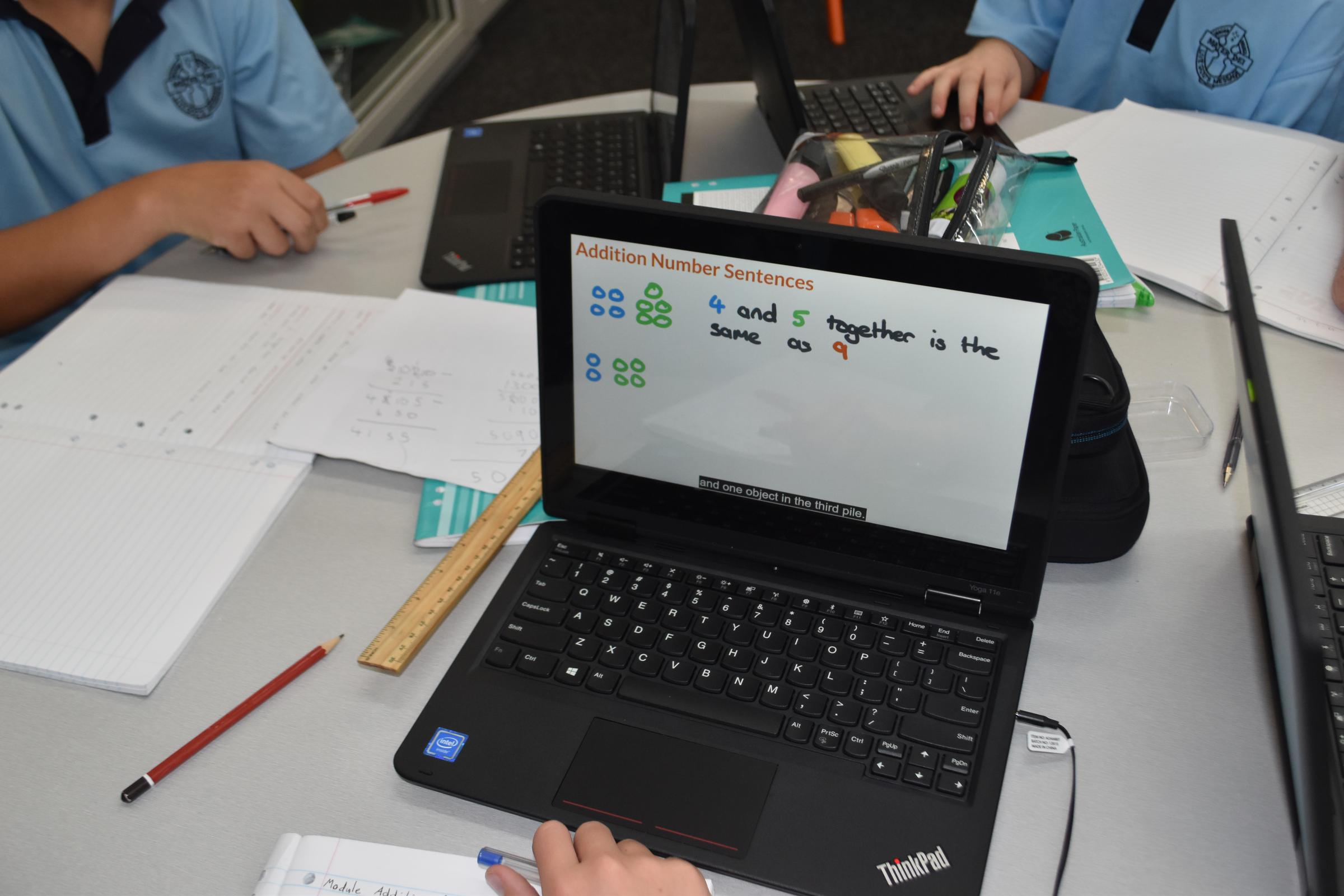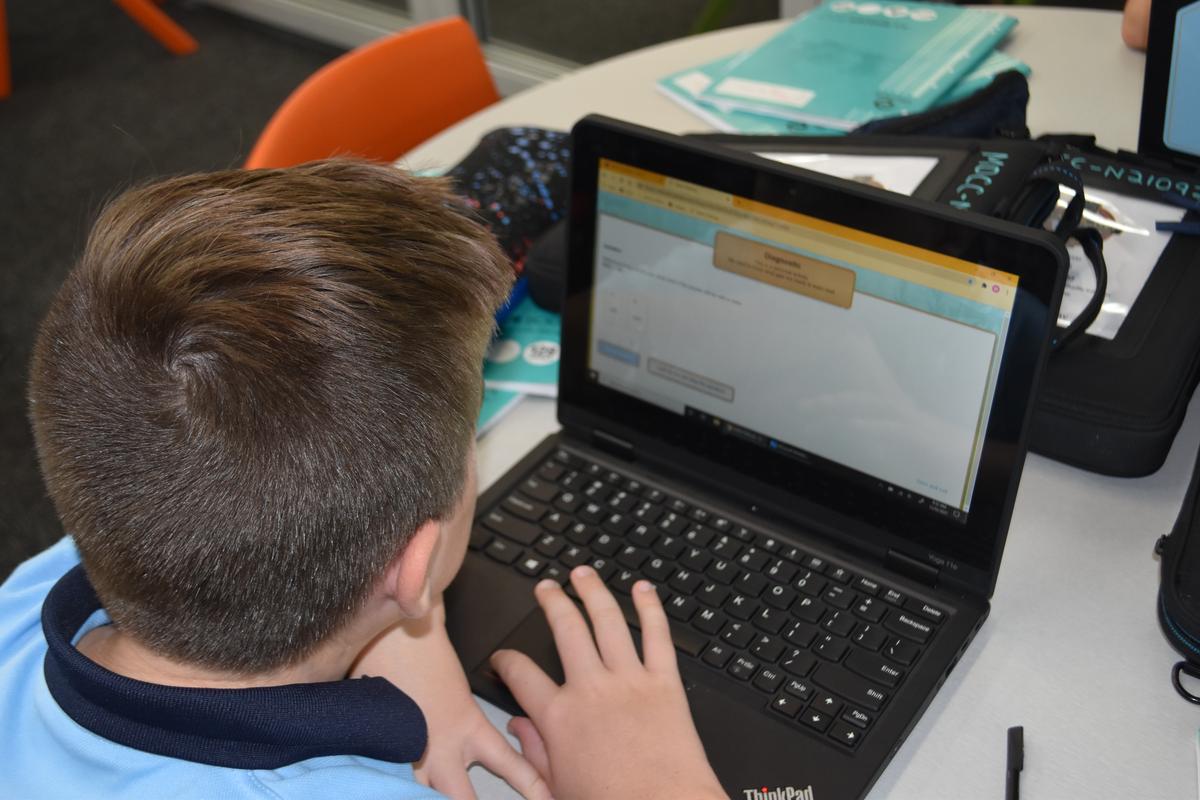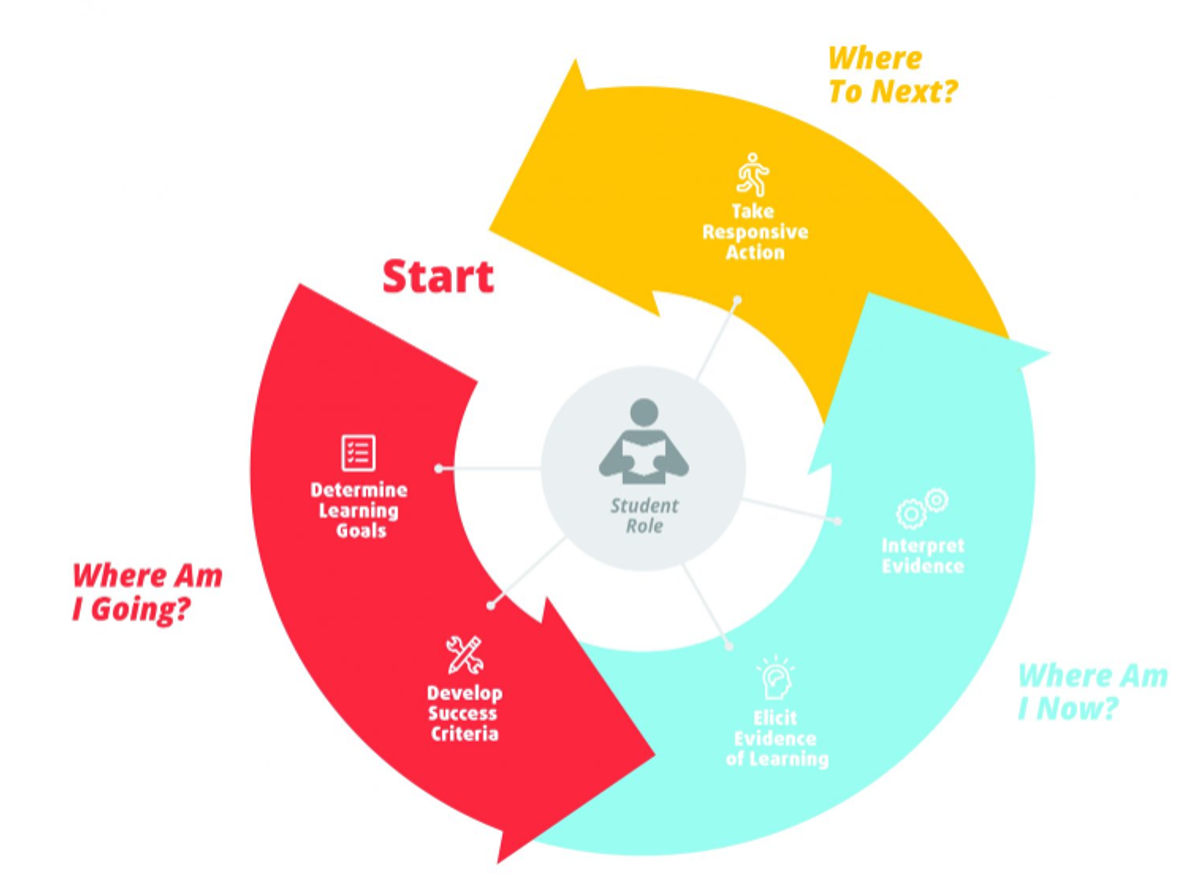Mathematics

HOMEWORK YEAR 7-12
Homework / Revision is a common instructional practice that is used to motivate students, develop students’ studying skills and habits, inform parents about student learning, and increase student achievement. Homework provides an opportunity for students to revisit daily topics, and improve students’ understanding of math concepts and problem-solving skills, helps students learn from their mistakes, and prepare for tests.
The purpose of mathematics homework is typically to provide practice for the student. Literature reviews show generally positive effects for homework on learning. Effects due to homework are more positive in high school than primary school (reflecting greater student maturity) and particularly for mathematics, which requires substantial individual practice.
As students at Mater Dei Catholic College progress through from years 7 to 12 there is an expectation that their levels on set homework will increase. This is due to the demands and rigour of their courses of study also increasing. The following expectations are a general guideline:
- Year 7 and 8 students are encouraged to complete at least one module from Maths Pathway per week.
- Year 9 and 10 students are expected to complete all set class work and if not completed in class then they would be finishing this off at home. Ideally 30 minutes of mathematics revision/ homework would be supportive of learning gain for all students.
- Year 11 and 12 students are encouraged to complete 2-3 hours of Mathematics revision a week which could look like study notes, Learning Logs, Chapter Reviews, Past Papers etc. It is important that students also complete any classwork not completed during class time.
MAKING THE MOST OF FEEDBACK
At Mater Dei Catholic College, a large part of our work is devoted to the development of student learning outcomes. A core feature of this is the increasing use of formative practice to allow our students the opportunity to improve the quality of their work.
Broadly speaking, evidence suggests that formative assessment improves learning outcomes. There are good reasons to expect that formative assessment provides benefits for student learning when:
(a) the feedback is frequent and at the task level and
(b) teachers are prepared to make sense of and use the feedback in an instructionally meaningful manner.
The most effective learning happens when students are aiming for some understanding or skill and are participating in a formative learning process based on three questions:
- Where am I going?
- Where am I now?
- Where to next?
You might think that feedback just covers that second question- helping students to understand the quality of their work and their learning at a point in time. In reality, effective feedback helps students with all three questions by helping students:
- See exactly what it is they are trying to learn
- Understand where they are currently
- See what their next step in learning should be and get the information they need to take that step
In the Mathematics department, one of the features of our Annual Improvement Plan has been to ensure that the formative tasks allow students an opportunity to practice the skills necessary to succeed in the summative task. The other important element is to provide students with effective feedback that tells the students where they currently are with their learning as well as what they need to do to improve. The end game of the formative assessments are to develop a sense of urgency in the students to pay particular attention to the feedback provided and more importantly to act on that feedback.
Mr Kurt McPherson | Mathematics KLA Leader




